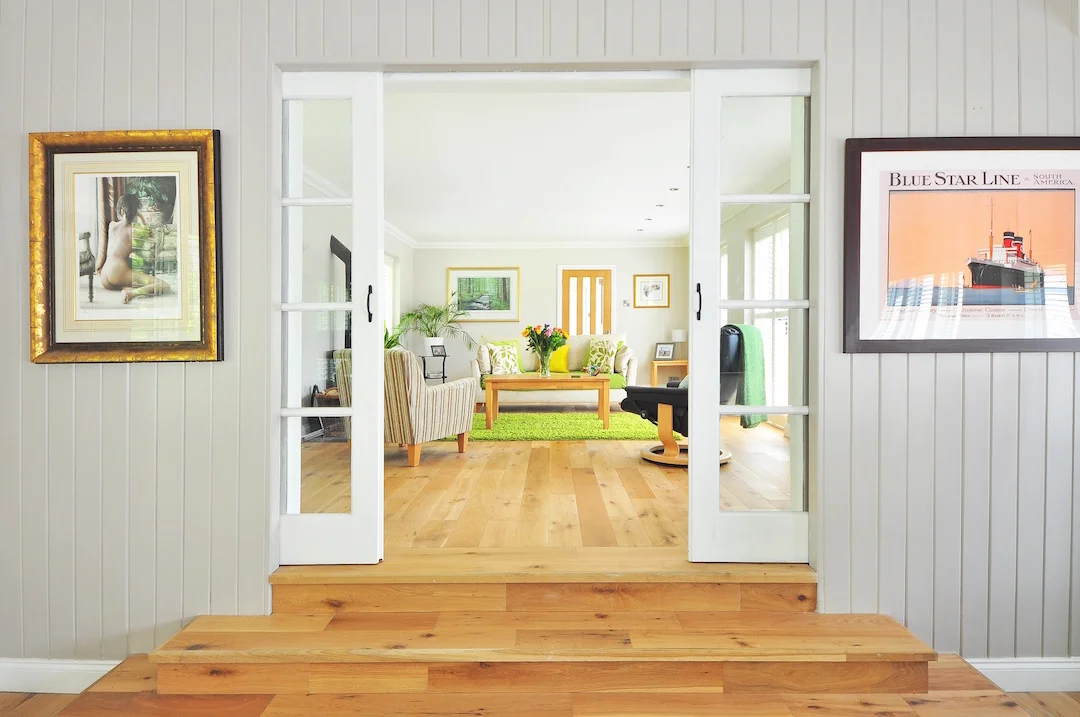An update from Managing Director Daryl Borden - as seen in the Dingley Dossier
To rent or buy? That is a question each generation has faced, but the metrics have changed, with increased affordability issues in Melbourne and Sydney making it harder to buy in prime locations than ever before.
This has given rise to a new buzzword; rentvesting. Simply put, it describes renting where you want to live, plus purchasing an investment property to generate rental and capital growth income. This strategy is also popular for individuals with the ability to live rent free (thanks Mum & Dad!)
In fact largely due to this phenomenon the younger generation are proving to be prolific property investors, with 22% of Gen Y (18-34 year olds) being property investors, followed by 20% of Gen X (35-49 year old) and 19% of baby boomers (50-64 year olds), according to the Nov. 2016 Financial Wellbeing Index from ING direct.
So what are the Pros and Cons of rentvesting?
Managing cash flow
When you’re renting it is easier to live close to where you want, in a location that suits your lifestyle and job now. You can easily move as circumstances change, without concern about property transaction costs.
Building wealth
Rentvesting allows you to purchase in the location which is best for investment returns, which is highly unlikely to happen to be where you want to live! The best location may be another suburb, or another city. You are able to buy with a long-term hold strategy, enabling full advantage to be taken of long term compounding growth.
Borrowing power
Without consideration of living in the property you are more able to freely purchase the property you can afford to buy. Purchasing to invest will also increase your borrowing power at the bank, due to rental income, and tax effect. This benefit will be negated if your personal rental expense is too high, enhanced if you remain living rent free.
What are the negatives?
Dead money
If you pay too much in rent expense, the financial benefit of the strategy can be lost.
You do not own your own home
Benefits of owning your own home including psychological well-being, the ability to improve/repair where you live at will, and CGT free capital growth is lost.
Is rentvesting a good idea? The truth is there is no black and white answer to that, it will depend on individual situations and preferences. If you are considering the strategy, you should list clearly your own pros and cons, and see your friendly mortgage broker to discuss the financial differences. At Integrity Finance Australia we regularly discuss this with clients, and can help you decide whether rentvesting is the right option for you.
Daryl Borden, Integrity Finance Australia Ph. 03 9511 8883 ACL 392184

